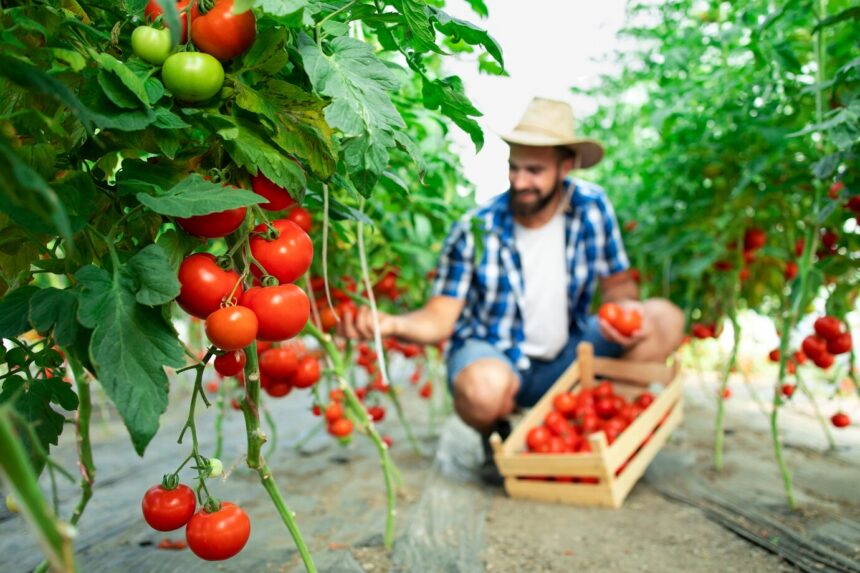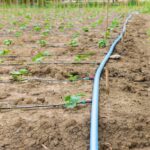Summer in the Free State offers small-scale farmers a valuable opportunity to boost their harvests and income. With long sunny days, fertile soil in many regions, and a window of warm, consistent weather, the potential for productive farming is high. However, making the most of the season requires smart planning, strategic crop choices, and efficient use of resources.
The key to a successful summer harvest starts with timing. Early planting is crucial to ensure that crops mature before the peak heat of late summer or potential seasonal thunderstorms. Farmers who prepare their land ahead of time—by clearing fields, enriching the soil with compost or manure, and testing pH levels—can get a head start and increase yields significantly. Working with weather patterns rather than against them is one of the most effective ways to maximize output on a small farm.
Crop selection plays a critical role. In the Free State, summer crops like maize, sunflowers, sorghum, pumpkins, beans, tomatoes, and butternuts are popular and well-suited to the climate. Choosing high-yield, drought-tolerant varieties can provide a safety net in case rainfall is erratic. Intercropping—growing two or more crops in the same space—can also improve land use efficiency, support soil health, and provide multiple income streams from one harvest. For example, planting beans between rows of maize can help fix nitrogen in the soil while producing an additional crop.
Water management is another crucial factor, especially in areas that may experience dry spells. Small-scale farmers can benefit from rainwater harvesting, drip irrigation, and mulching to retain soil moisture. Building simple trenches or swales to direct rainwater toward crops can also increase water availability without the need for expensive systems. Conserving water while ensuring consistent hydration can mean the difference between an average and exceptional summer yield.
Labour and task scheduling must be carefully managed during summer when weeds grow quickly and pests are more active. Regular monitoring of crops allows farmers to detect issues early and respond before problems escalate. Using natural pest control methods, such as neem oil or companion planting, helps protect crops without affecting soil health or long-term fertility.
Marketing and post-harvest handling are just as important as growing. Farmers who plan ahead for harvest time can secure buyers early, store produce properly to avoid losses, and access local markets at the right time for the best prices. Joining cooperatives or working with nearby farmers to transport goods can reduce costs and improve access to urban markets.
Even on a small farm, maximizing summer harvests in the Free State is highly achievable with proper planning, efficient practices, and crop diversification. The region’s natural growing conditions provide a strong foundation—what matters is how farmers respond to the opportunity. By staying proactive and adaptable, smallholders can turn the summer season into a time of abundance and growth.
Join 'Farmers Mag' WhatsApp Channel
Get the latest Farming news and tips delivered straight to your WhatsApp
CLICK HERE TO JOIN






